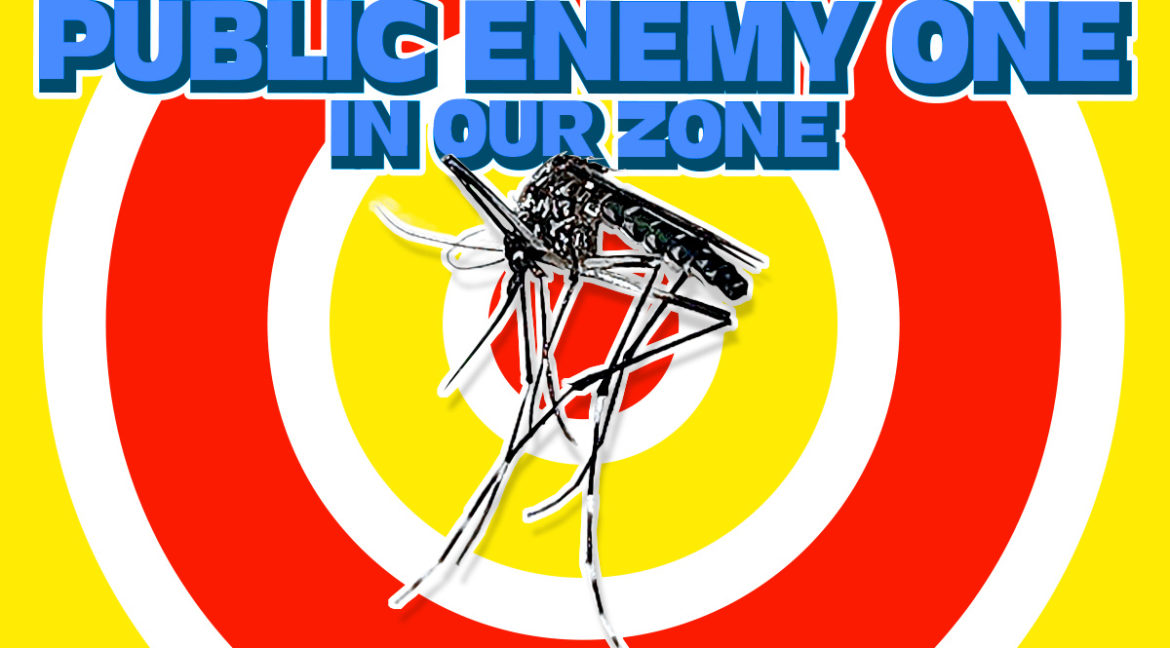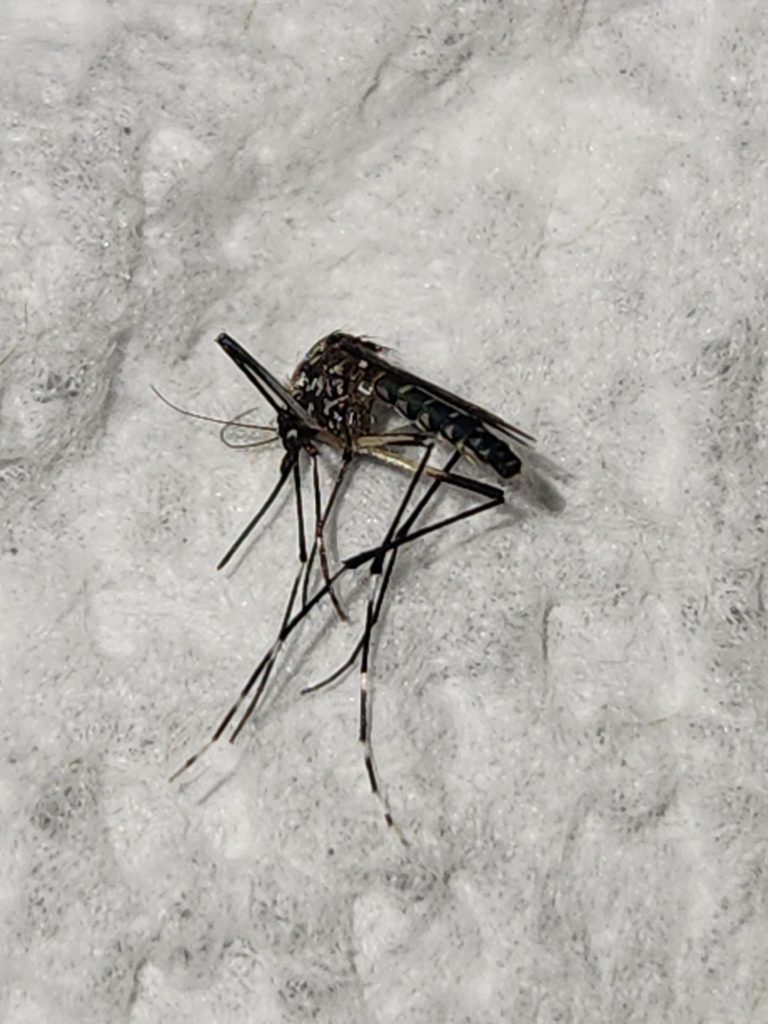WE HAVE HAD ENOUGH…! In fact, we recently contacted “Vector Control of Ventura County to inspect our property to find the source of the menace mosquitoes… The property showed no source of the pest. The Vector Control Inspector did investigate other properties in my neighborhood while in the area and found a backyard pool in the area not being maintained with water in it, which is a definite source for aedes mosquitoes to breed in. Below is more in depth knowledge from the County. Moreover, you can use this to help eradicate this problem from your neighborhoods for good…
– Irina & Jeff Shoket Realtors®
Ventura County Sources:
PDF Aedes Mosquito Bulletin | DIY Mosquito Control Toolbox | Invasive Aedes Mosquitoes are Spreading in Your Community CDPH Factsheet | Mosquito Source Checklist
Thousand Oaks and its surrounding areas are known for their beautiful landscapes and inviting outdoor spaces. However, in recent times, residents have noticed a significant increase in daytime mosquito activity, leading to discomfort and concern. The culprits behind this issue are Aedes aegypti and Aedes albopictus, two invasive urban mosquitoes that have established a presence in the region. These mosquitoes are not only persistent but also potential carriers of serious diseases such as Zika, Chikungunya, and Dengue. This article aims to inform you about these unwelcome visitors and provide essential information on how to protect your family and your community.
Meet the Aedes Mosquitoes
Aedes aegypti and Aedes albopictus, commonly known as black and white mosquitoes, are urban Aedes mosquitoes. They have a preference for feeding on humans. Additionally, they are notorious for aggressive daytime biting habits. They often targeting ankles, wrists, and elbows. This behavior is unlike the typical mosquitoes we encounter and adds to the challenges of dealing with them. Both Aedes mosquito species have a unique ability to lay their eggs in minimal amounts of water, in as little, as a few drops. Furthermore, the eggs can endure harsh environmental conditions for extended periods, ranging from 8 to 12 months, allowing these mosquitoes to survive even during droughts.
The Invasion of Aedes Mosquitoes
Aedes mosquitoes are invasive species that have infiltrated many counties in California, including Thousand Oaks. Their presence is not only a nuisance but also a potential health hazard, as they can transmit diseases such as Zika, Chikungunya, and Dengue. To combat this threat, it is crucial for residents to be aware of the significance of addressing the issue and taking preventive measures.
Understanding the importance of this issue is vital.
To learn more about Aedes mosquitoes and the potential consequences of their presence, you can visit the County of Ventura’s Environmental Health Division Vector Control Program. The more you know, the better equipped you will be to protect yourself and your community.
Take Action: Eliminate Breeding Sites
The most effective way to combat Aedes mosquitoes is by eliminating their breeding sites. Here are some simple steps you can take to reduce the risk:
- Weekly Inspection: Regularly inspect your property for containers that hold standing water. Empty and scrub these containers to prevent mosquito breeding.
- Clean Gutters: Keep rain gutters free of debris in addition to avoiding water accumulation and mosquito breeding.
- Fountains: If you have decorative fountains, keep them operational or drain the water regularly to prevent stagnant water.
- Animal Dishes: Change the water in animal watering dishes often to prevent mosquito larvae from hatching.
- Yard Drains: Ensure that yard drains are not clogged and collecting water.
Common breeding sites
These include old tires, buckets, rain drums/barrels, pet dishes, tree holes, bird baths, flower pots, children’s toys, roof gutters, cans and jars, garden containers and tools, tarps, unmanaged ponds, standing water, and neglected pools/hot tubs. Regular maintenance and vigilance are essential to minimize these breeding grounds.
Protect Yourself
In addition to eliminating breeding sites, it’s important to protect yourself and your family from mosquito bites. Here are some practical tips:
- Cover Up: Wear long-sleeved clothing and pants to reduce exposure to mosquito bites.
- Screens: Ensure that doors and windows have tight-fitting screens without any holes.
- Insect Repellent: Use insect repellent that contains DEET, picaridin, oil of lemon eucalyptus, or IR3535, as directed on the product label, to protect exposed skin and clothing.
As Thousand Oaks residents, it’s our collective responsibility to address the growing Aedes mosquito issue. As a community we need to eliminate breeding sites, protect ourselves from bites, and stay informed. Together we can effectively combat the presence of these invasive mosquitoes and reduce the risk of disease transmission. Additionally, we can ensure our community remains a safe and enjoyable place to live. If you’re experiencing an unusual surge in mosquito activity or need further assistance, contact the County of Ventura Environmental Health Division Vector Control Program. You can contact them at (805) 658-4310 or (805) 662-6582. Additionally, you can call the Mosquito Complaint Hotline.



